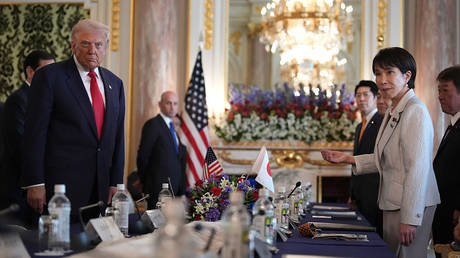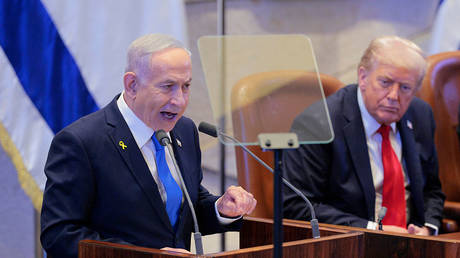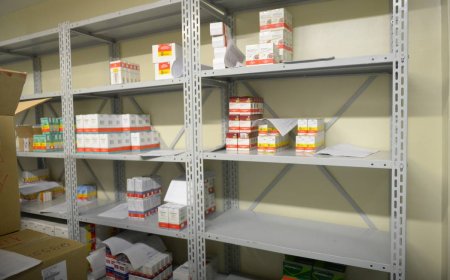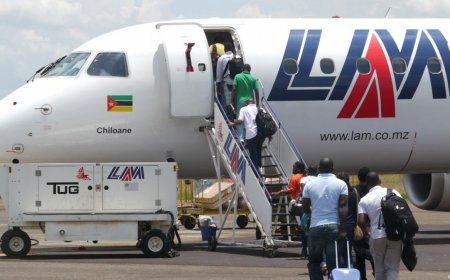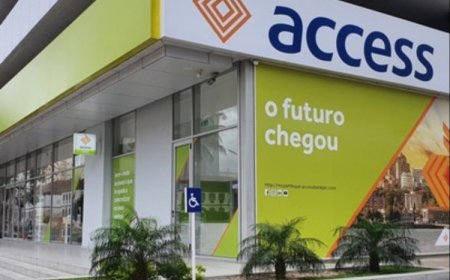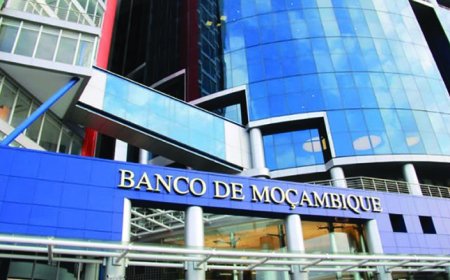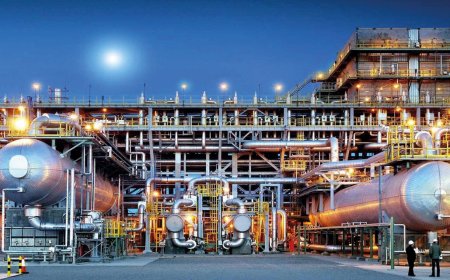Mozal Thrives, Mozambique Struggles: Aluminium Giant Confirms 27 Years of Tax Exemptions Amid National Economic Crisis
Mozambique’s deepening economic crisis and rising inequality have reignited scrutiny over the country’s fiscal policies as Mozal, Africa’s largest primary aluminium smelter and one of Mozambique’s most profitable ventures, has confirmed that it has operated under sweeping tax exemptions for the past 27 years. These benefits stem from a 1998 agreement with the state which remains in force even as millions of Mozambicans face worsening poverty.

In an interview with TORRE.News during a corporate social responsibility event, Mozal’s President Samuel Samo Gudo dismissed allegations of tax evasion but acknowledged that the company continues to benefit from the incentives set out in the original agreement signed under former president Joaquim Chissano. “As a megaproject we have fiscal benefits. We have this or that exemption but within the scope of our obligations under the agreement with the government we are complying and will continue to comply” he stated.
Although Gudo declined to specify the benefits in detail it is widely believed that they include full exemptions from Corporate Income Tax IRPC Value Added Tax VAT and royalties on resource extraction. The stark contrast between these fiscal privileges and the harsh economic reality faced by much of the population has drawn growing public and political criticism. Mozal exports around 600000 tonnes of aluminium annually while retaining just 50000 tonnes for domestic use mainly for electric cable production by EDM the national power utility.
When asked about the fairness of these terms Gudo avoided direct engagement instead highlighting Mozal’s role in attracting foreign and domestic investment to the Beluluane Industrial Park. This justification rooted in 1990s-era economic policy is increasingly seen as outdated by a new generation of policymakers and civil society groups demanding a fairer distribution of the country’s natural resource wealth.
President Daniel Chapo has responded to these concerns by establishing the Office for Structural Reforms and Strategic Projects reporting directly to the Presidency. The new unit is tasked with reviewing Mozambique’s major economic ventures to ensure they deliver real and measurable benefits for the state and its citizens. “This new unit must make a difference by boosting the returns and benefits the state and our people will receive. Its primary mission is to support the President on institutional reforms public policies and development with a focus on strategic projects” Chapo declared during the swearing in of João Machatine as the office’s coordinator.
Mozal which ranks among the world’s most efficient smelters says it has invested 3.2 million dollars in community development projects and spent 136.9 million dollars on local procurement from Mozambican companies particularly those based in the Beluluane Industrial Park.
However these figures are widely perceived as modest when weighed against the enormous value of the tax exemptions Mozal continues to enjoy and the absence of substantial fiscal contributions to the national budget. Critics argue that in a country where public hospitals are understocked civil servants underpaid and essential infrastructure underfunded megaprojects must do more than create enclaves of wealth and privilege.
The central question now facing Mozambique is whether it can afford to maintain agreements that allow multinationals to operate virtually tax free while the broader population struggles to access basic services. How the government answers this question will shape the future of economic governance and determine whether the country truly enters a new era of accountability or simply extends a legacy of unequal prosperity.





